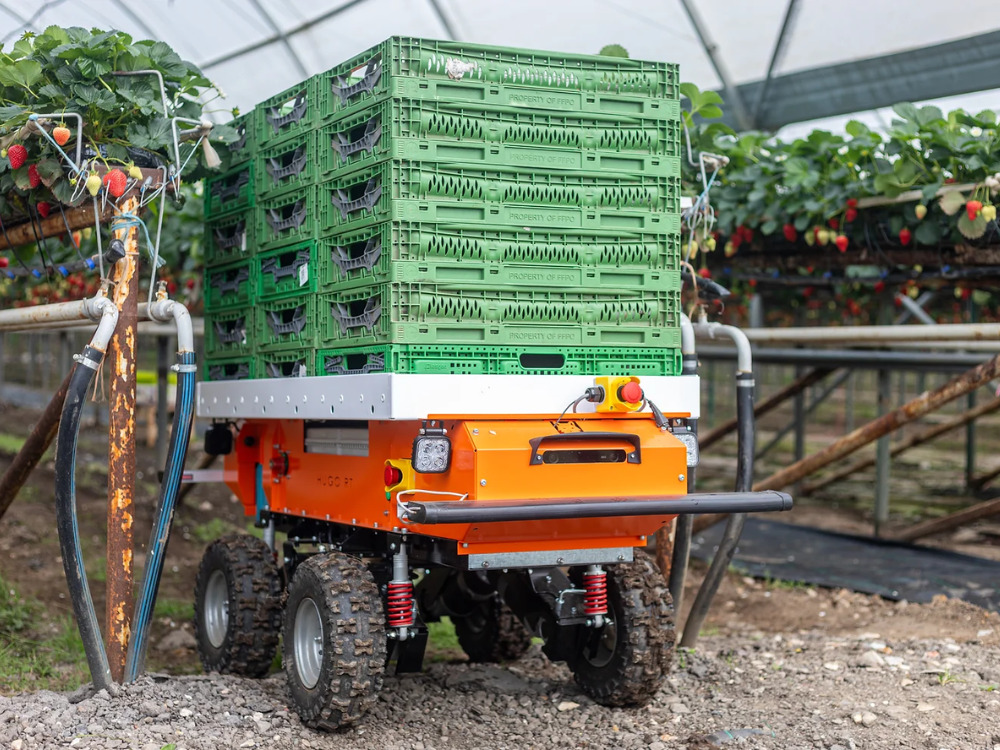(LifeSiteNews) — A prominent molecular biologist this week blasted a top-flight British university for creating hybrid strains of COVID-19 as part of an experiment earlier this year, according to an exclusive report by The Daily Mail. The criticism comes amid increased skepticism and scrutiny of virus research methods after the outbreak of COVID-19.
The Daily Mail reported Monday that British scientists with Imperial College London, the same Bill Gates-funded institution behind the early and inaccurate COVID-19 pandemic model that sparked widespread coronavirus lockdowns beginning in March 2020, “created hybrid Covid strains in risky experiments.”
Dr. Richard Ebright Ph.D., a professor of chemistry and chemical biology at Rutgers University and laboratory director at the Waksman Institute of Microbiology, blasted the research in remarks made to The Daily Mail.
“This is insanity, both [i]n terms of the redundancy and waste,” Dr. Ebright said, arguing that such research presents a “risk of triggering a new pandemic wave upon accidental or deliberate release of the laboratory-generated viruses.”
Ebright, who earned his AB in Biology and his Ph.D. in Microbiology and Molecular Genetics from Harvard University, argued the experiment yielded no “foreseeable practical applications,” and has thereby posed too great a risk for too little a reward.
“UK scientists created mutant Covid strains in ‘high-risk, low-benefit’..experiments..Hamsters were infected with mutant viruses, blend[ing]..Wuhan strain and..Omicron..[R]evelation comes amid..furore over similar..experiments..at Boston University” https://t.co/6v5txhyweU
— Richard H. Ebright (@R_H_Ebright) October 28, 2022
The study in question was published May 13 but made public by The Daily Mail this week. According to the outlet, hazmat suit-clad researchers at the prestigious university reportedly “infected hamsters with two chimera Covid hybrids” during an experiment conducted in a biosafety level 3 lab.
Twenty scientists, including a member of the British government’s advisory panel, were involved in the experiment, according to the report. Scientists involved in the research combined aspects of the original Wuhan strain of the coronavirus with parts of the Omicron and Delta variant, according to the preprint.
The study’s abstract notes that the experiment raised “the concerning possibility that future variants” of COVID-19 could have more severe effects than those “seen during Omicron infection.”
A university spokesperson told The Daily Mail that the study, partially funded by taxpayer money, was safe and adhered to appropriate regulations.
However, Ebright was not assured that Imperial College’s research was harmless or even useful.
“If the world wishes to avoid new pandemic waves and pandemics caused by lab-generated enhanced potential pandemic pathogens, then it is urgently necessary to restrict senseless high-risk, low-benefit research that creates enhanced potential pandemic pathogens and to implement effective national oversight, with force of law, on such research,” Ebright said, adding the report “should be a wake-up call.”
Ebright isn’t alone in his criticism.
Professor Shmuel Shapira, who previously headed up the Israeli Government’s Institute for Biological Research, called for an outright prohibition on such research, which he characterized as “playing with fire” due to the risk of a lab leak.
“If the world wishes to avoid new..pandemics caused by lab-generated..pathogens, then it is urgently necessary to restrict..high-risk, low-benefit research that creates enhanced potential pandemic pathogens and to implement..oversight, with force of law, on such research.”
— Richard H. Ebright (@R_H_Ebright) October 28, 2022
News of Imperial College’s experimentation with hybrid coronaviruses comes hard on the heels of a different project conducted at Boston University, where researchers also created a mutant variant of COVID-19. Outlets reported at the time the artificial variant had an 80% lethality rate, causing outrage among opponents who worried such research could put the population at risk of another pandemic in the event of a lab leak.
The university has vociferously denied the “false and inaccurate” allegations regarding their research, pointing out that their experiment actually made the virus less dangerous, not more.
Virus-related research has generated increased attention and scrutiny after the outbreak of the novel coronavirus in early 2020.
Despite early efforts to quash theories of a lab-leak origin of COVID-19, there is strong evidence that the original SARS-CoV-2 virus may have originated at the Wuhan Institute of Virology, a Chinese laboratory known to have been conducting research on bat coronaviruses with the partial funding of the U.S. government via nonprofit EcoHealth Alliance.
Source link
Author Ashley Sadler





